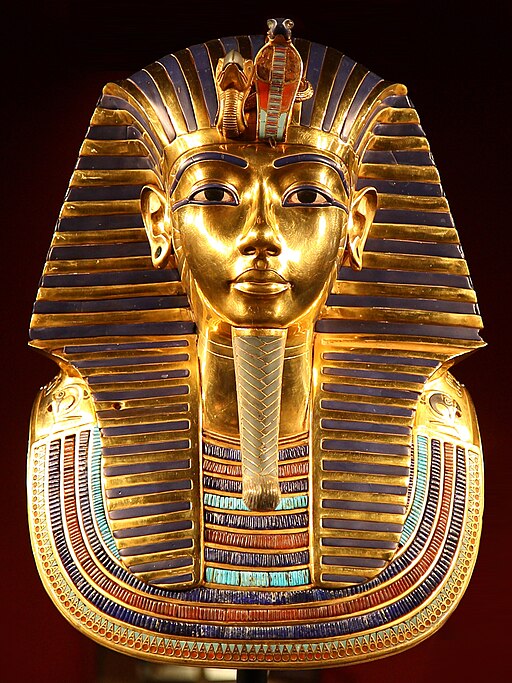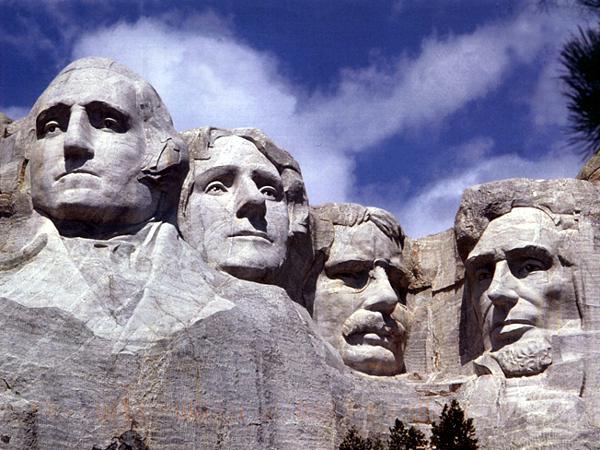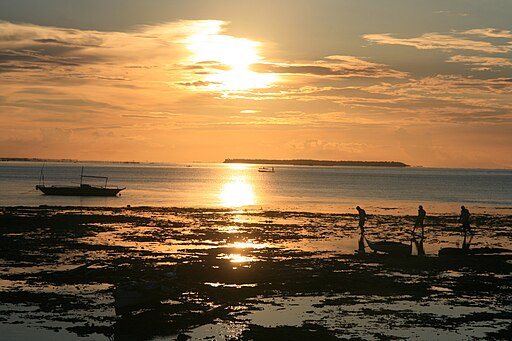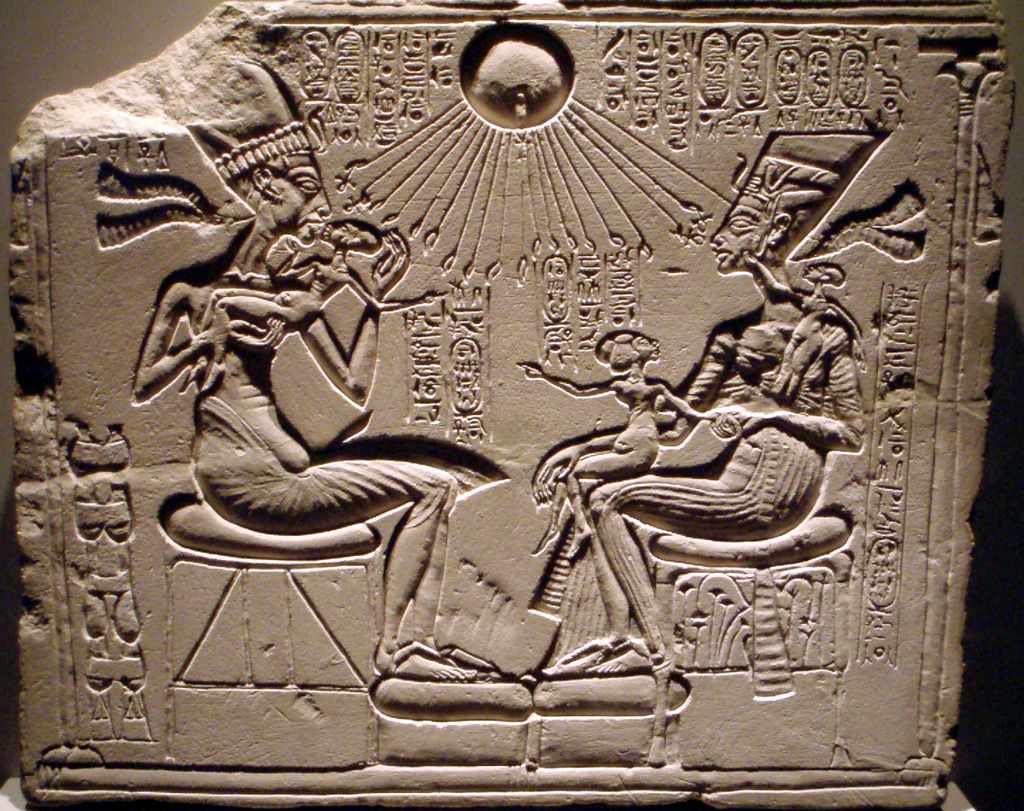
Italy is located in the heart of the Mediterranean Sea. It shares land borders with France, Switzerland, Austria, Slovenia, San Marino, and Vatican City.
Since classical times, ancient Phoenicians, Carthaginians, and Greeks established settlements in the south of Italy. Etruscans and Celts inhabiting the center and the north of Italy, respectively.
Also, various ancient Italian tribes and Italic peoples were dispersed throughout the Italian Peninsula and insular Italy.
The Italic tribe, known as the Latins, formed the Roman Kingdom, which eventually became a republic that conquered and assimilated other nearby civilizations.
Ultimately the Roman Empire emerged as the dominant power in the Mediterranean basin, conquering much of the ancient world and becoming the leading cultural, political, and religious center of Western civilization.
The legacy of the Roman Empire is widespread and can be observed in the global distribution of civilian law, republican governments, Christianity, and the Latin script.
Italian culture has had a significant influence on many other cultures, and there are many famous museums in Italy.
Virtual Tours of Museums in Italy
Rome Museums and Historical Sites
- The Vatican Museums
- Capitoline Museums
- St. Peter’s Basilica
- National Roman Museum
- Galleria Borghese
- Villa Farnesina
Florence Museums
- Uffizi Gallery
- Gallery of the Academy of Florence
- Palazzo Pitti
Milan Museums
- Santa Maria Delle Grazie
- Sforza Castle Museums
- Brera Art Gallery, Pinacoteca di Brera
- Museo Poldi Pezzoli
Bologna Museums
- The Archaeological Civic Museum (MCA) of Bologna
- Sanctuary of Santa Maria della Vita
Venice Museums
- Gallerie dell’Accademia
- Portrait of the Four Tetrarchs
Naples Museums
- National Archaeological Museum, Naples
Turin
- Museo Nazionale dell’Automobile
Modena
- Museo Ferrari
Italy
- Country: Italian Republic or Italy
- Italian: Repubblica Italiana or Italia
- Capital: Rome
- Language: Italian
- Population 60.6 million
Italian Proverbs and Quotes
- Italian Proverbs and Quotes
A Virtual Tour of European Museums
- France Museums
- Italy Museums
- Greece Museums
- Germany Museums
- Austria Museums
- Ireland Museums
- Netherlands Museums
- Spain Museums
- Belgium Museums
- Serbia Museums
- Poland Museums
- Switzerland Museums
- Czech Museums
- Norway Museums
- Sweden Museums
Italy Museums
Rome, Italy: Capitoline Museums
Top 7 Museums to Visit | Rome Travel
Top 7 Museums to Visit | Venice Travel
Highlights Tour of Museums in Italy
Rome Museums and Historical Sites
Rome is the capital city of Italy and the fourth highest populated city in the European Union. Rome is located in the central-western portion of the Italian Peninsula, on the Tiber river.
Vatican City, the smallest country in the world, is an independent country inside the city boundaries of Rome, the only existing example of a country within a city. Thus Rome has sometimes been called the capital of two states.
The Vatican Museums
The Vatican Museums are a collection of museums located in Vatican City, located in Rome, Italy.
The Vatican Museums showcases historical and artistic works from the vast array of works collected by many Popes of the Catholic Church over many centuries.
The Vatican Museums’ collections are over 70,000 works, of which less than one-third are displayed at any point in time.
There are 54 galleries in the museum, with one of the key attractions being the Sistine Chapel.
Capitoline Museums
The Capitoline Museums consists of a group of art and archaeological museums in Piazza del Campidoglio, on top of the Capitoline Hill in Rome.
The Capitoline Museums are composed of three main buildings surrounding the Piazza and interlinked by an underground gallery.
The Capitoline Museums exhibits many masterpieces of art, archaeology, and objects of historical significance.
St. Peter’s Basilica
The Papal Basilica of St. Peter is an Italian Renaissance church in Vatican City, the papal enclave within the city of Rome. St. Peter’s is the most renowned work of Renaissance architecture and the largest church in the world.
Catholic tradition holds that the Basilica is the burial site of Saint Peter, a leading Apostle of Jesus and also the first Bishop of Rome. Saint Peter’s tomb is supposedly directly below the high altar of the Basilica.
St. Peter’s Basilica stands on the site, which has been a church location since the time of the Roman emperor Constantine the Great.
Construction of the present Basilica began on in 1506 and was completed in 1626. St. Peter’s has many historical associations, with numerous artists, most notably Michelangelo.
National Roman Museum
The National Roman Museum, in Italian it is called Museo Nazionale Romano, is a collection of museums in separate buildings throughout the city of Rome, Italy.
The museums exhibit the pre-history and early history of Rome, with a focus on archaeological findings from the period of Ancient Rome.
Galleria Borghese
The Galleria Borghese is an art gallery in Rome, housed in the former Villa Borghese Pinciana. The Galleria Borghese houses the Borghese collection of paintings, sculptures, and antiquities, begun by Cardinal Scipione Borghese, the nephew of Pope Paul V (reign 1605–1621).
The Villa was originally designed and used as a country villa at the edge of Rome.
Scipione Borghese was an early patron of Bernini and an avid collector of works by Caravaggio, who is well represented in the collection.
Other paintings of note include Titian, Raphael, Peter Paul Rubens, and Federico Barocci. The Galleria Borghese includes twenty rooms across two floors.
The Villa Borghese gardens are a separate tourist attraction with its separate ticketing and entry requirements.
Villa Farnesina
The Villa Farnesina is a Renaissance villa with the main rooms of the Villa, including the Loggia, open to visitors. The Villa designed by Baldassare Peruzzi, with fresco decorations by significant artists including Raphael.
The Villa was built for Agostino Chigi, a wealthy Sienese banker and the treasurer of Pope Julius II. The Sienese artist Baldassare Peruzzi, designed and erected the dwelling between 1506–1510.
The Villa was designed to be an airy summer pavilion, presented a side towards the street, and was given a U-shaped plan. Today, visitors enter on the south side, and the five-bay loggia which was once opened has been glazed.
Florence Museums
- Uffizi Gallery
- Gallery of the Academy of Florence
- Palazzo Pitti
Milan Museums
- Santa Maria Delle Grazie
- Sforza Castle Museums
- Brera Art Gallery, Pinacoteca di Brera
- Museo Poldi Pezzoli
Bologna Museums
- The Archaeological Civic Museum (MCA) of Bologna
- Sanctuary of Santa Maria della Vita
Venice Museums
- Gallerie dell’Accademia
Naples Museums
- National Archaeological Museum, Naples
6 Great Museums in Florence, Italy
Top 7 Museums to Visit | Venice Travel
~~~
“He that promises too much means nothing.”
– Italian Proverb
~~~
Photo Credit: By Norbert Nagel (Own work) [CC BY-SA 3.0 (https://creativecommons.org/licenses/by-sa/3.0)], via Wikimedia Commons
Popular this Week








 Sponsor your Favorite Page
Sponsor your Favorite Page SEARCH Search for: Search Follow UsJoin – The JOM Membership Program
Sponsor a Masterpiece with YOUR NAME CHOICE for $5
Share this:
- Tweet
